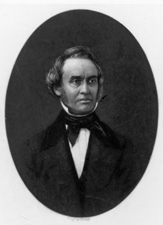By Phin Upham
During the early days of the labor movement, there were crusaders on both sides fighting for favorable conditions. Those that held capital were invoking English legislation related to restraint of trade, which is a bit like a modern day NDA, in order to sue workers who were colluding to get higher wages and better working conditions. Largely, these business interests were winning their cases in court. That’s because they were able to successfully argue the workers were able to use group negotiating power to get higher wages than an individual might be able to through his own negotiations.
A major source of the dispute was the legality of the laws themselves. Restraint of trade had become well fleshed out over the days of the East India Trading Company and English industrialization. The practice was well substantiated by then.
What defense attorneys had to argue was that America was independent of England, and that the common laws were arbitrary and unknowable. Hunt was an important case because it established precedent, and made the courts create clear legal guidelines on when it was ok to work with others in order to gain higher wages or better conditions.
Their ruling made it impossible to prosecute workers who did not take measures that jeopardized public interests. Later cases would expand on this ruling, adding that the collusion could be as few as two workers who used prejudiced means to get higher wages. This made it illegal to acquire higher wages using tactics that would exclude others from the same benefits.
Phin Upham is an investor from NYC and SF. You may contact Phin on his Phin Upham website or Twitter page.
